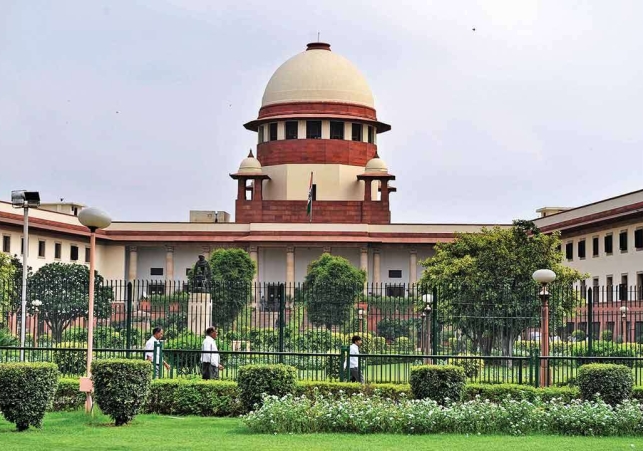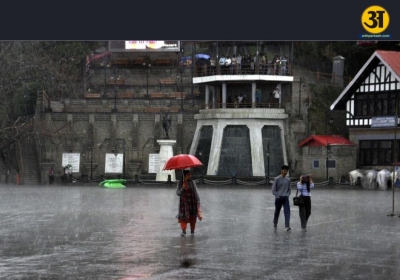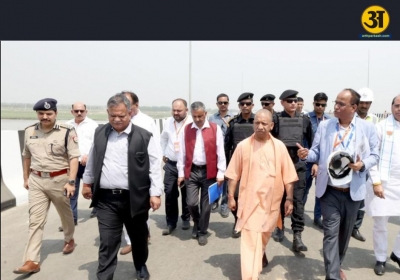
Supreme Court addresses Manipur ethnic crisis
Supreme Court calls for action in Manipur amid ethnic violence
Ethnic unrest sparks Supreme Court action
The Supreme Court of India has issued crucial directives to address the ongoing ethnic violence in Manipur, a state besieged by turmoil since May. The court has emphasized the urgency of recovering all illegal arms in the region, regardless of their holders, as part of its efforts to restore peace and stability.
Recovery of Illegal Arms: A priority
The apex court, led by Chief Justice of India DY Chandrachud, has urged the Manipur government to take immediate action to seize illegal weapons. The court firmly stated that the state's responsibility in disarming offenders is not contingent on the identity of those possessing illicit firearms. A status report on the progress of this operation has been requested, with access limited exclusively to the court.
ALSO READ: Alabama's controversial congressional map sparks legal battle with national implications
Assurances from Manipur government
In response to the court's concerns, the Manipur government submitted an affidavit reassuring that essential supplies, such as food and medicine, are adequately available to those affected by the economic blockade. The chief secretary of Manipur also refuted allegations of outbreaks of diseases like chickenpox and measles in relief camps, aiming to quell any concerns regarding the welfare of the displaced population.
To ensure effective relief and rehabilitation, the Supreme Court has instructed the Union home secretary to liaise with Justice (retired) Gita Mittal, who leads a three-member panel designated to supervise these efforts in Manipur. Moreover, the state government has been asked to appoint an official to liaise with the committee and furnish a status report detailing measures taken to enhance the state's victim compensation scheme.
ALSO READ: Center urges Supreme Court for Himalayan states' carrying capacity study
Another pressing issue that the Supreme Court has tackled is the disposal of unclaimed bodies in morgues, which poses the risk of disease outbreaks. Recognizing the severity of the matter, the court pressed Solicitor General Tushar Mehta to take action, emphasizing that the bodies cannot continue to remain in this state. The court's directive underscores the importance of dignified and timely handling of the situation.
Background of the Manipur crisis
The roots of the ongoing turmoil in Manipur can be traced back to May, when ethnic clashes erupted following a High Court order. This order instructed the state government to consider including the non-tribal Meitei community in the list of Scheduled Tribes. The resulting violence has claimed the lives of over 160 individuals and left several hundred injured since its inception on May 3. The 'Tribal Solidarity March,' organized in hill districts to protest the Meitei community's demand for Scheduled Tribe status, initially triggered these unfortunate events.
ALSO READ: IOA reveals striking ceremonial attire and sportswear for Hangzhou Asian Games





